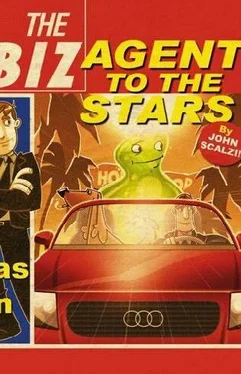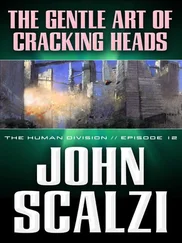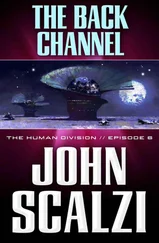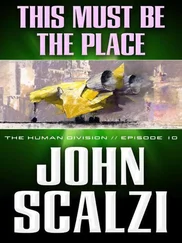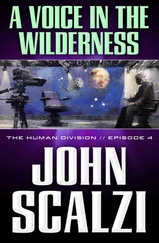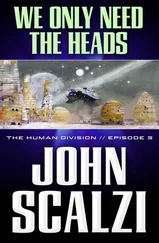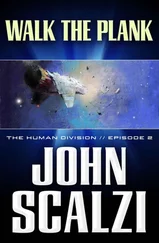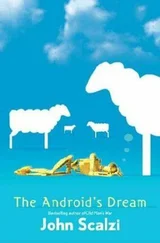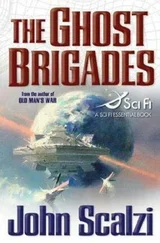But ultimately, it comes back again and again to the simple fact that I enjoy science fiction, both for what people write about in the genre, and how they write it. The fiction writers I'd prefer to emulate come from the genre.
Well, enough of that. Whose writing do I enjoy in the science fiction genre, and why? I've collected this list of my favorite writers in the genre, with suggested novels for each. Bear in mind that for the sake of convenience, I'm lumping fantasy in with science fiction; I understand quite vividly that they are two separate genres, although I think the distinction for most folks is the same as the distinction between country music and western music: There's a difference, though damned if most of us could say what it is.
And now, without further ado, my List of Favorite Science Fiction Writers. This list is in no particular order, excepting the first one, who is, reasonably enough, my all-time favorite.
Robert Heinlein:The most ironic thing about Heinlein's writing, I think, is how much of his science he (in hindsight) got backwards. In Starman Jones , he has starship officers writing out by hand the sort of logarithmic equations that a hand calculator can crunch in a fraction of a second; in The Moon is a Harsh Mistress , it's (almost) nothing for a computer to talk and think, but rather impressive for it to be able to create a convincing virtual office on a monitor. Heinlein's future is almost purely mechanistic in that stereotypical "rocketship to the moon" sort of way; technology qua technology either bored him or he simply didn't fret the details too much beyond the math.
Which is fine with me. I read Heinlein not for the hardware ("hard" SF generally bores me), but for the software: namely, the characters and the dialogue — Heinlein, of all the Golden Age writers, had the best grip on both — and for Heinlein's philosophical musings. Heinlein, as any SF reader worth his or her salt knows, was very much a proto-Libertarian; his general political philosophy appeared to be "most people are idiots, so why should we trust a government of the people?" Like Ayn Rand (who he share a large chunk of his audience with), Heinlein could get away with it because he populated his novel with characters who were independent and free-thinking, and thus could handle Heinlein's political set-up with a minimum of fuss. The real world, dare I say, is somewhat more complicated.
For all that, Heinlein's characters' streaks of independence, intelligence, and honor made a big impression on me as kid growing up; they were the sort of people I would have liked to have been. Jubal Harshaw and Lazarus Long would be two people I would love to have over for dinner, just to chat and expound (although one would probably do; the characters, philosophically, are pretty much the same). Heinlein had style, and he had influence on several generations of writers — as you go down the list here, you'll notice some of his stylistic children popping up now and again.
Heinlein's work has aged reasonably well, particularly his juveniles, which I admire greatly because they talk across, rather than down, to the audience (I'm trying to write a juvenile myself, in the same vein as Heinlein's work). Ironically, it's his later work which I think fares worst of all: The Number of the Beast , The Cat Who Walks Through Walls and To Sail Beyond The Sunset all are the work of a man trying to tie his fiction together in one big bow, rather than trying to create discrete works of fiction (for my money, Heinlein's last totally readable book was Friday ). Also, Heinlein got a little sex-crazy near the end, which for me distracted rather too much from the stories at hand.
Still, for all that, Heinlein was the author who got me started reading science fiction, and the author I still turn to as the primary signpost of what I think of as "good" science fiction. A singular fellow, to be sure — he could have been a character in one of his books. That qualifies as high praise.
Suggested Reading:Among his adult works, Stranger in a Strange Land is of course the place to start to get the gist of Heinlein when he was in full force: the story still reads like a rocket, despite some jarringly outdated moments — the crack about women looking for trouble nine out of the ten times they get raped is one that wouldn't survive the editing process today. Speaking of which, I recommend the traditional version of the book rather than the "uncut" version which is also available; the book benefited from the pruning, from what I can see. Once you're done with Stranger , check out The Moon is a Harsh Mistress , a rousing tale of rebellion and computers, and Time Enough for Love , the first and best capstone of Heinlein's universe, featuring Lazarus Long. He's the guy to whom Heinlein attributes all his pithy quotes. For late-era Heinlein, Friday gets the vote.
But don't neglect Heinlein's juveniles! Some of his best work is here — and because these books were generally shorter, they're a quicker, more compact read. Starship Troopers qualifies as a juvy in my book (though aimed squarely at later teens), and serves as a good tract for Heinlein's political musings (it's nothing like the movie, by the way). Starman Jones, Citizen of the Galaxy, The Star Beast and Red Planet are also worthy reads.
Orson Scott Card:Card is probably the most empathetic author working in SF today, which is to say that he is passionately interested in his character's internal lives, how they think, feel and relate to the other characters. I can't speculate too much on why this might be, since I don't know the man personally, but I suspect that it has something to do with Card's own strong religious beliefs; Card is a Mormon and apparently unabashedly so — he writes plays and stories about his faith. While not especially religious myself, I think that many people who are are intimately tuned to the internal dialogues we all have, possibly because that internal dialogue isn't merely self-directed, but also directed towards God. Whatever the reason, this empathy saturates his work form beginning to end.
This empathy helps Card pull off some incredibly tricky themes in his work — genocide, murder, incest, spiritual and moral doubt all pop up in his work, and are dealt with amazing grace. Now, it's not that Card can do no wrong; the empathy that make his best work brilliant is also the thing that makes some of his more mediocre work pretty damned mawkish and hard to read. On balance, however, his efforts pay off, both in story and style; no one else writes like Card.
Suggested Reading:Card has two series you want to avail yourself of: The Ender seriesand Alvin Maker series. The Ender series, particularly the first two books, Ender's Game and Speaker For the Dead , are the books that made Card's reputation — the story of an extraordinary individual who perpetrates the most unimaginable crime, and yet manages to atone for it. The final two books ( Xenocide and Children of the Mind ) are not essential, in my opinion (In these, Card pulls, quite literally, a deus ex machina ), but the first two are must-haves for any serious SF fan.
The Alvin Maker series is fantasy — an incredibly realized alternate history of the United States, one that features magic as reality. Card's revision of American history is fascinating in its own right, but the story of Alvin, a young man who has the power to move the world, is nothing to sneeze at either. As with the Ender series, the first couple of book are better than the later books (although as I write this, the final book in the series has yet to be written, so reserve judgment) — in fact, the second book of the series, Red Prophet , I would rank as Card's best work to date (well, tied with Speaker , at any rate).
Читать дальше
